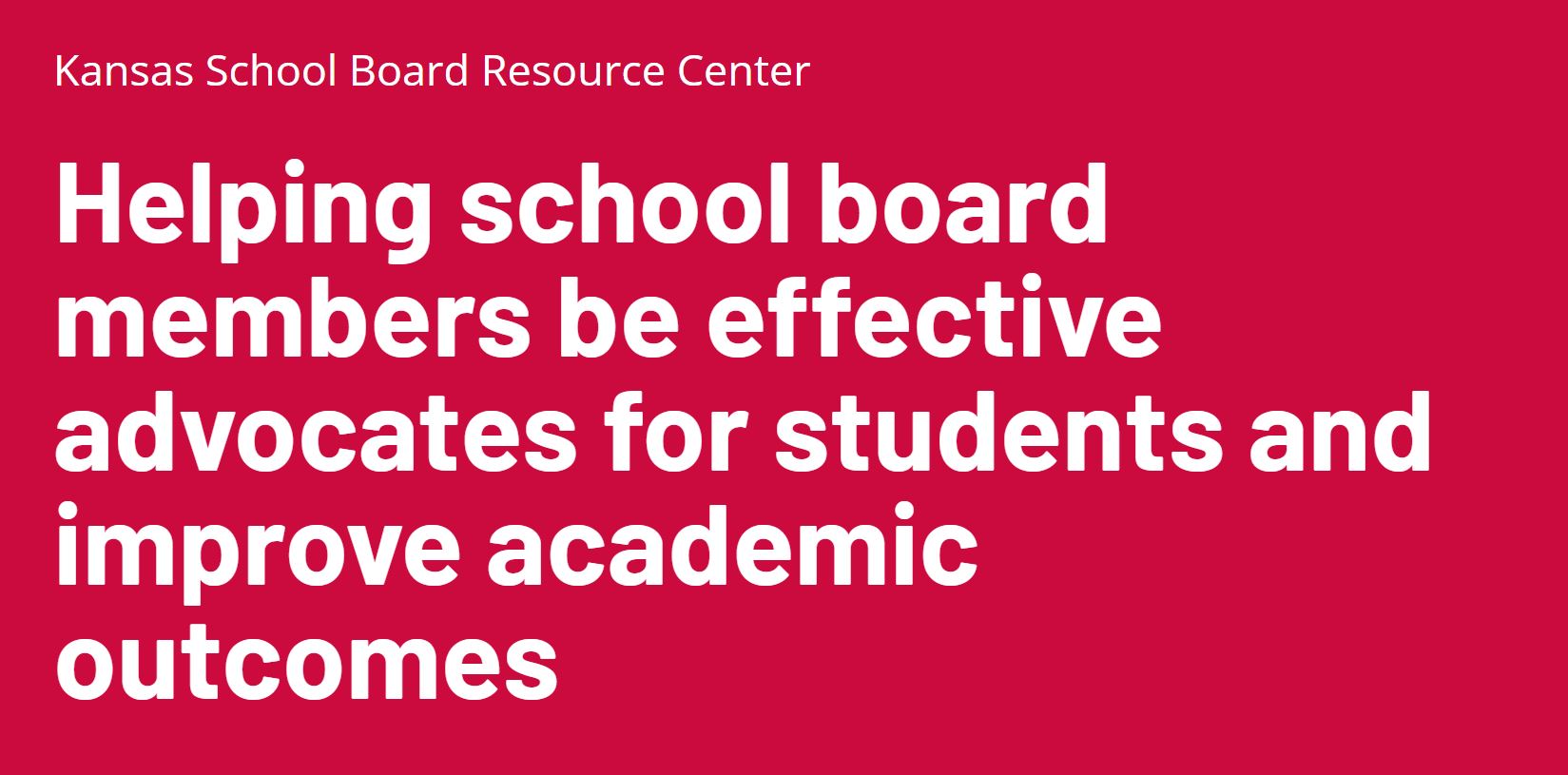Passing legislation that will codify the way the Kansas State Department of Education determined state funding for school transportation should not be used to “legitimize, endorse or immunize an unlawful practice,” former House Speaker and attorney Mike O’Neal told the House K-12 education committee on Thursday.
The committee heard testimony on two bills on school transportation funding. Both would increase state funding for school transportation; one would codify the unlawful school funding discovered by a legislative post audit.
The audit revealed that education deputy Dale Dennis authorized $45 million in excess transportation payments to districts over the last five years, despite lawmakers removing a minimum transportation weighting from the finance formula in 1973. If Dennis, a 50-year employee of KSDE, has been authorizing the payments since then, it may have cost the state more than $400 million.

O’Neal, who testified on behalf of Kansas Policy Institute, didn’t take a formal position on the legislation to codify the unlawful expenditures. He entered neutral testimony, but he worried simply codifying would endorse the unlawful practice.
“The fact that the law may have been ignored out of benign motives does not justify actions outside of the law and contrary to law,” he said. “In a democratic republic such as ours, there are rules that an attitude of the ends justifying the means will only serve to undermine, and create a disrespect for the rule of law.”
He noted that there is a state statute that requires districts to refund the state when they receive overpayments. It’s an account receivable that should be addressed, he told the committee.
“I suspect your decision would be to hold the department harmless, but then you should say that,” he said. “I think you need to close the loop, if you will, on this one statute.”
The Kansas Association of School Board lobbyist, Mark Tallman, offered testimony in support of increasing transportation funding to districts, and he also asked that lawmakers tell districts they won’t have to repay the unauthorized funds.
“These dollars were used by districts in good faith to provide services as intended and repaying dollars will simply reduce educational services to students,” Tallman said.
Several superintendents from across the state testified. Each said they supplement state funding for transportation from their general funds. Under the formula as written, districts receive some weighted funding for students who must travel more than 2.5 miles to school. Many of the superintendents who testified said they also transport students who live closer to their school buildings.
For example, Auburn-Washburn School District has been bussing all students since 1990. Scott McWilliams, Auburn-Washburn superintendent, said the board made the decision because many of its 10 school buildings are located on highly traveled streets that do not have sidewalks or crosswalks. Parents, he said, oppose limiting bussing in order to save money.
Wayne Burke, the superintendent at Spring Hill School District in southern Johnson County, said USD 230 spends $2 million more on transportation than what it receives from the state. His district, he said, is the fastest growing in the state. He said growing districts suffered when the state instituted block grants, which essentially froze funding at existing levels whether a district was growing or shrinking. He said growing districts were also penalized with cap on funding for school bond issues. If lawmakers fail to codify transportation funding in its current form, he said USD 230 will lose $53,136 in funding.
“There’s a feeling that maybe districts that are growing are being penalized for that growth,” he said.
The Kansas Supreme Court ruled unconstitutional a school funding formula lawmakers adopted last year. Justices gave the legislature an April 30 deadline to draft a new funding mechanism. Most work on a new formula is stalled while lawmakers await the outcome of a school finance study due March 15.



